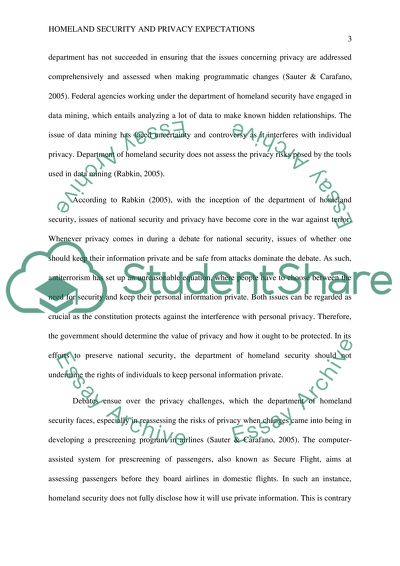Cite this document
(“Debate Between the Needs of Homeland Security and Individual-Privacy Term Paper”, n.d.)
Debate Between the Needs of Homeland Security and Individual-Privacy Term Paper. Retrieved from https://studentshare.org/history/1452234-debate-between-the-needs-of-homeland-security-and
Debate Between the Needs of Homeland Security and Individual-Privacy Term Paper. Retrieved from https://studentshare.org/history/1452234-debate-between-the-needs-of-homeland-security-and
(Debate Between the Needs of Homeland Security and Individual-Privacy Term Paper)
Debate Between the Needs of Homeland Security and Individual-Privacy Term Paper. https://studentshare.org/history/1452234-debate-between-the-needs-of-homeland-security-and.
Debate Between the Needs of Homeland Security and Individual-Privacy Term Paper. https://studentshare.org/history/1452234-debate-between-the-needs-of-homeland-security-and.
“Debate Between the Needs of Homeland Security and Individual-Privacy Term Paper”, n.d. https://studentshare.org/history/1452234-debate-between-the-needs-of-homeland-security-and.


